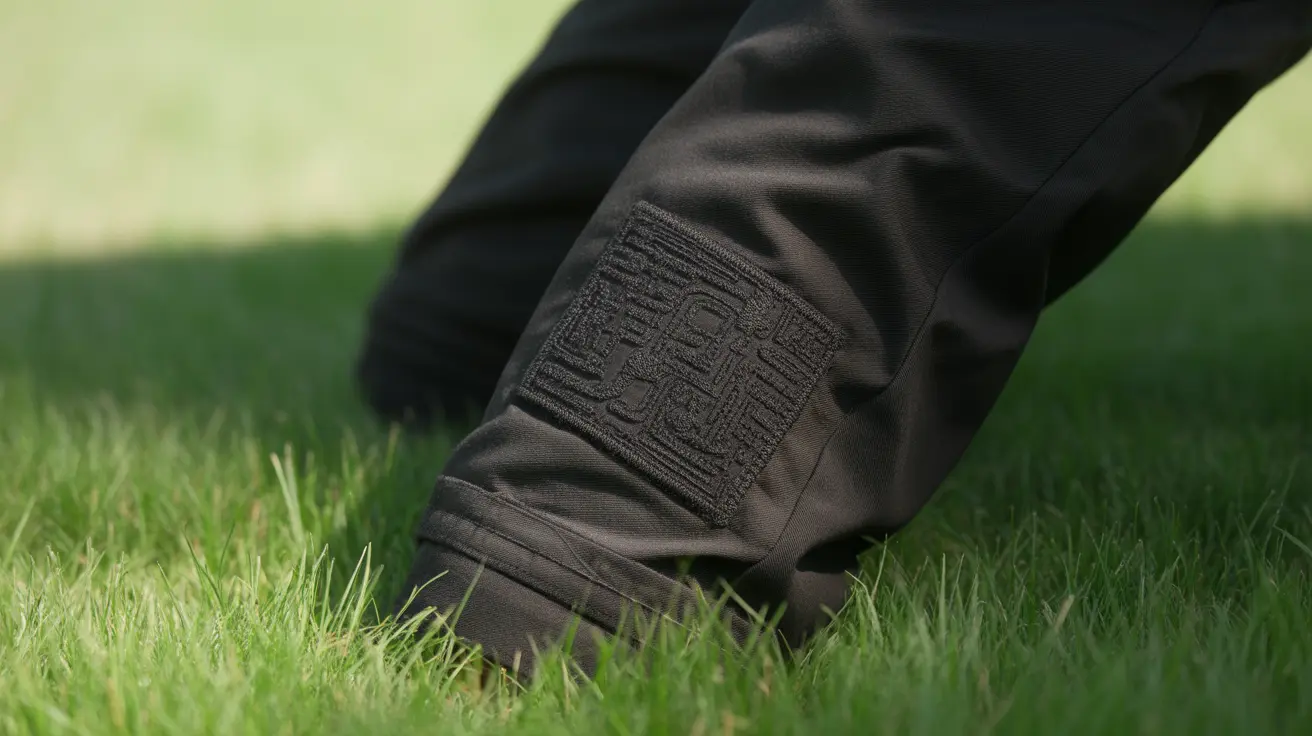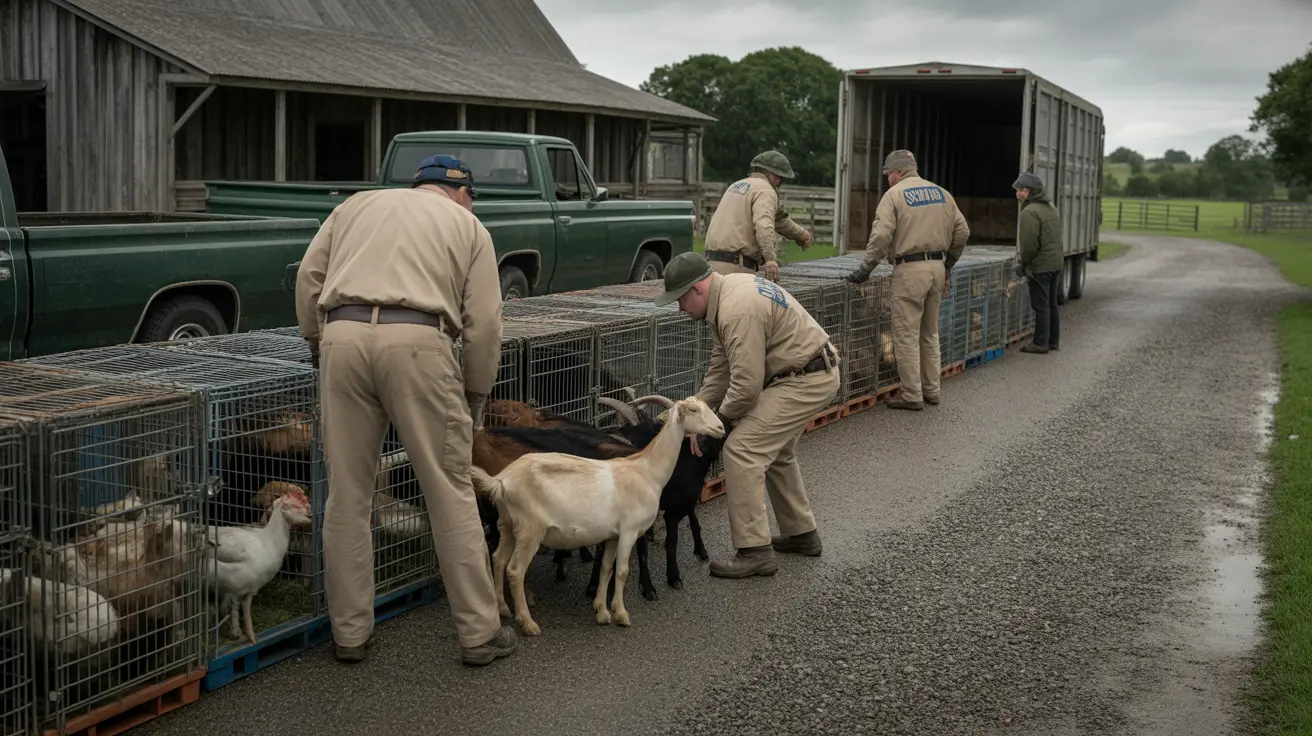Cheeses Dogs Should Avoid: What You Need to Know
Cheese is often a favorite treat among dogs and their owners. Its rich flavor and high fat content make it an effective tool for training, a convenient way to conceal medication, or just a delightful snack. However, not all cheeses are safe for canine consumption. While some types may be fine in moderation, others can lead to serious health issues. This guide clarifies which cheeses dogs should not eat, the reasons behind those restrictions, and how to make safe choices if you decide to include cheese in your dog’s diet.
Why Some Cheeses Are Harmful to Dogs
Certain types of cheese contain ingredients or undergo production processes that make them unsafe or even toxic for dogs. Important factors include:
- Lactose Content – Many dogs are lactose-intolerant, which can lead to digestive issues such as diarrhea, vomiting, and bloating.
- Fat and Calorie Levels – Cheese is high in fat and calories, increasing the risk of obesity and pancreatitis, particularly in overweight or sensitive dogs.
- Sodium Levels – Some cheeses contain excessive salt, posing a risk for dogs with kidney issues or hypertension.
- Toxic Additives – Ingredients like garlic, onions, or herbs commonly found in flavored cheeses are toxic to dogs.
- Bacterial Risk – Unpasteurized cheeses can harbor harmful bacteria, like Listeria or Salmonella, leading to foodborne illness.
Cheeses Dogs Should Absolutely Avoid
While some cheeses may be acceptable in moderation, others can be downright dangerous. Avoid feeding your dog the following types:
- Blue Cheeses – Varieties like Roquefort, Stilton, and Gorgonzola often contain roquefortine C, a fungus byproduct that can be toxic to dogs. Symptoms of ingestion may include vomiting, seizures, and tremors.
- Flavored or Spiced Cheeses – Cheeses containing garlic, onions, chives, or other herbs and spices are toxic. These additives can damage red blood cells and lead to anemia.
- Heavily Processed Cheeses – Processed cheeses, including cheese spreads and slices, often contain artificial preservatives, emulsifiers, and high salt content, all of which are harmful to dogs.
- High-Salt Cheeses – Feta and halloumi are examples of cheeses high in sodium, which can contribute to salt poisoning or exacerbate existing medical conditions.
- Unpasteurized Cheeses – These can harbor bacteria dangerous to your pet, especially if their immune system is compromised.
Signs Your Dog Has Eaten Unsafe Cheese
If a dog consumes a harmful cheese, symptoms may manifest within hours. Warning signs include:
- Vomiting or diarrhea
- Gas and bloating
- Lethargy
- Seizures (in severe toxicity cases)
If your dog experiences any of these symptoms after eating cheese, especially one from the ‘unsafe’ list, consult a veterinarian immediately.
Safer Cheese Alternatives
Not all cheeses are created equal. The following options are typically safer if fed in moderation:
- Cheddar – Low in lactose and generally well-tolerated.
- Swiss – Another lower-lactose option with a firm texture dogs enjoy.
- Mozzarella – A soft, low-fat cheese that tends to be better for weight management.
- Cottage Cheese – One of the best choices due to its lower fat, sodium, and lactose content. Excellent for dogs with sensitive stomachs.
- Soft Goat Cheese – Gentler on the digestive tract and lower in lactose.
Tips for Feeding Cheese Safely
- Choose Wisely: Opt for plain, low-fat, and low-sodium types.
- Portion Control: Cheese should not exceed 10% of your dog’s daily caloric intake.
- Start Small: Introduce cheese in tiny portions to assess tolerance.
- Use Strategically: Ideal for training, hiding medication, or as an occasional enrichment treat.
- Monitor Closely: Watch for any signs of intolerance or allergic reaction.
When to Avoid Cheese Altogether
Certain dogs may not benefit from cheese in any quantity. It's best to avoid cheese if your dog:
- Has pancreatitis or a history of digestive upset
- Is overweight or on a calorie-restricted diet
- Has known lactose intolerance
- Is suffering from kidney disease or high blood pressure
Conclusion
In moderation and with the right choices, cheese can serve as a nutritious and engaging treat for dogs. However, not all cheeses are safe. Types like blue cheese, flavored varieties, and unpasteurized or salty cheeses should be avoided entirely. Always monitor your dog for any adverse reactions after introducing new treats, and consult with your veterinarian before making changes to their diet. By following these guidelines, you can enjoy sharing a safe, cheesy moment with your four-legged companion—without the health risks.





